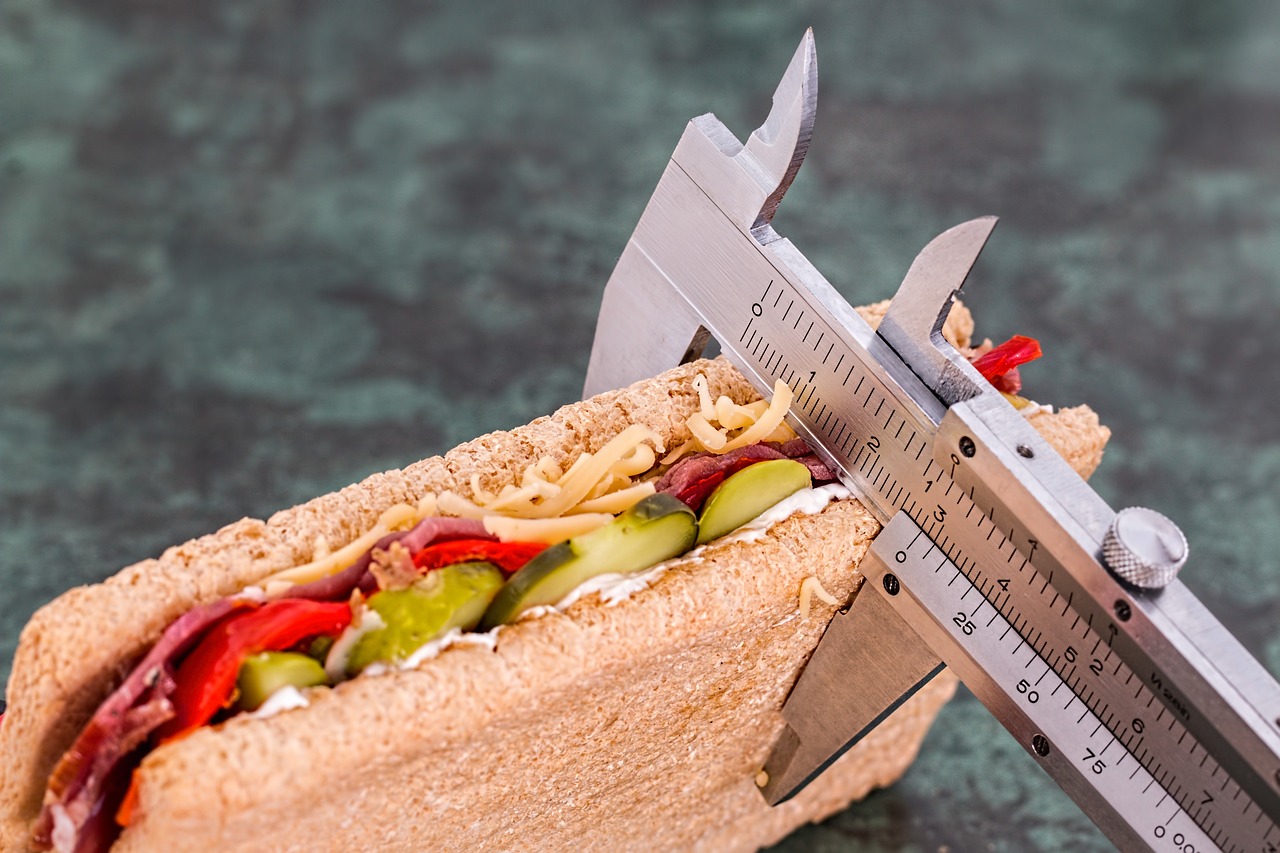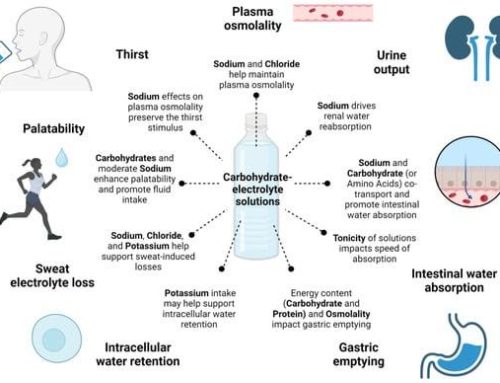Everything about your life is going hunky dory and perfect until you realize the jeans you got last year don’t fit anymore. Or that muffin top is more prominent than usual. Or that double chin is way more noticeable in pictures now. Regardless, upsetting, right?
Although gaining a couple of pounds might sound like a massive deal to most people but it’s not the end of the world. You can to the time when you felt proud to flaunt clean eating habits and consistent effort.
Whether trying to shed some weight or maintain a healthy and active lifestyle, following a healthy diet plan is paramount, although dieting is a relatively simple practice, you must consider some factors before starting.
Let’s discuss what you must know before starting a diet plan.
Contents
1) Understand Your Calories
Start off with the most essential part of any diet — calories. These are the units of energy that you would be getting from a particular food or beverage.
According to NHS, the recommended number of calories in a day for men are 2500 and for women 2000, which implies that you need to consume meals within this range to maintain weight and reduce the caloric intake, to reduce weight.
Dieting is all about consuming fewer calories. So before choosing your meals, a good practice is to gather calorie details for making sensible meal choices.
Fewer calories do not mean you are stuck with salads for the rest of the diet. Some really delicious low-calorie alternatives are just waiting to be explored and devoured.
2) Start With Baby Steps
Changing your diet from junk and fatty comfort food to healthier alternatives might feel uncomfortable. You will crave those late-night snacks, and let’s not forget the intense sugar withdrawals.
The best way to indulge in a diet plan is by starting with one or two small goals. It will help change habits until you are on track and can handle your food more sensibly.
While setting goals, it is essential to be realistic. Often, people fail to meet their challenge of a healthy diet because of expectations that are hard to match.
For instance, someone wearing a size 16 might take on the tedious challenge of fitting into a size 6 or 8 in a month—failure to match that target results in losing motivation and inspiration to continue the diet.
A realistic short plan would be to eat healthy food for one week or cut down on sugar for a month to track your progress. You will feel much more fulfilled, productive, and successful in continuing this journey toward healthy eating.
3) Do Not Neglect Your Mental Peace
It’s reasonably practical to say that your food directly impacts your mental health. A physicist would even call them “directly proportional.” Food influences our brain chemistry, mood, cognition, stress levels, anxiety, and overall mental well-being.
Before starting a diet, look for foods that contribute to mental health. For example, we have nutrients in almonds that sharpen your memory or omega 3’s for maintaining stability in the mood.
Opting for lean proteins, non-sugary carbs, and organic fat will keep you calm and eliminate mental health concerns while putting you in a positive place.
Although a healthy diet assists in elevating mental health, it is not an alternative to any therapeutic needs.
You must still visit a therapist or seek counseling if the medical officer advises.
4) Sweat for More Effect
While diet works independently, you still need to incorporate physical activity. If you are in on the mantra to sweat now and glow later, there is massive potential for your diet plan to show results quicker than expected.
By regular exercise, you can maintain muscle growth and increase bone density, which is somewhat lost in calorie-restricted consumption. It also gives a firmer physique and an athletic appearance which is quite attractive.
Cardio and Pilates are great choices for better heart health and stamina. They also build lean muscle. However, people also consider HIIT or weight lifting to challenge their bodies and burn more calories.
Exercise boosts your metabolism to speed up the weight loss process. It also encourages a can-do and positive mindset that motivates most people to keep going.
So, throughout the challenging endeavor, that might include sore muscles and a lot of sweat.
There are plenty of home workout apps with free exercises and plans, but you can also opt for a personal trainer at the gym, budget/time permitting.
5) Choose an App to Track Progress
There will be times during your diet when you will want to reflect on and review your products. Maintaining a track record of everything you do is essential, from eating to workouts and hydration.
Healthline recommends ten practical nutrition apps that track your food and suggest calories for thousands of edible options. Moreover, you can easily select realistic goals and communicate with people similar to yours.
Many people could stick to their diet with the help of a social circle and motivating individuals on nutrition apps.
6) Don’t Obsess With the Weighing Scale
While it is fairly natural and justified to obsess over your weight and the figure on the scale. However, it is not the only way to track your weight. The human body is composed of 60% water, so it is bound to fluctuate occasionally.
You can use other methods like taking body measurements or checking how the clothes fit. Additionally, assessing energy levels and overall change in lifestyle is also a way to keep tabs on the overall side effects of diet.
Remember, your diet journey is a marathon, not a sprint. It is a mix of a positive approach, self-care, and constantly consuming healthy meals is the key to success.
Conclusion
Dieting can help you lose extra weight and maintain an attractive figure. Before starting a diet, you should remember several things that lead to success.
Start with baby steps and set realistic goals to achieve. Additionally, understanding calories and the importance of exercise while dieting helps maintain a positive mindset.
Although a healthy diet benefits mental health, you need a controlled approach to obsessing over the weighing scale.
Keep track of your progress so that you can review the changes and opt for the plan that is effective and also keeps you motivated.








Leave A Comment